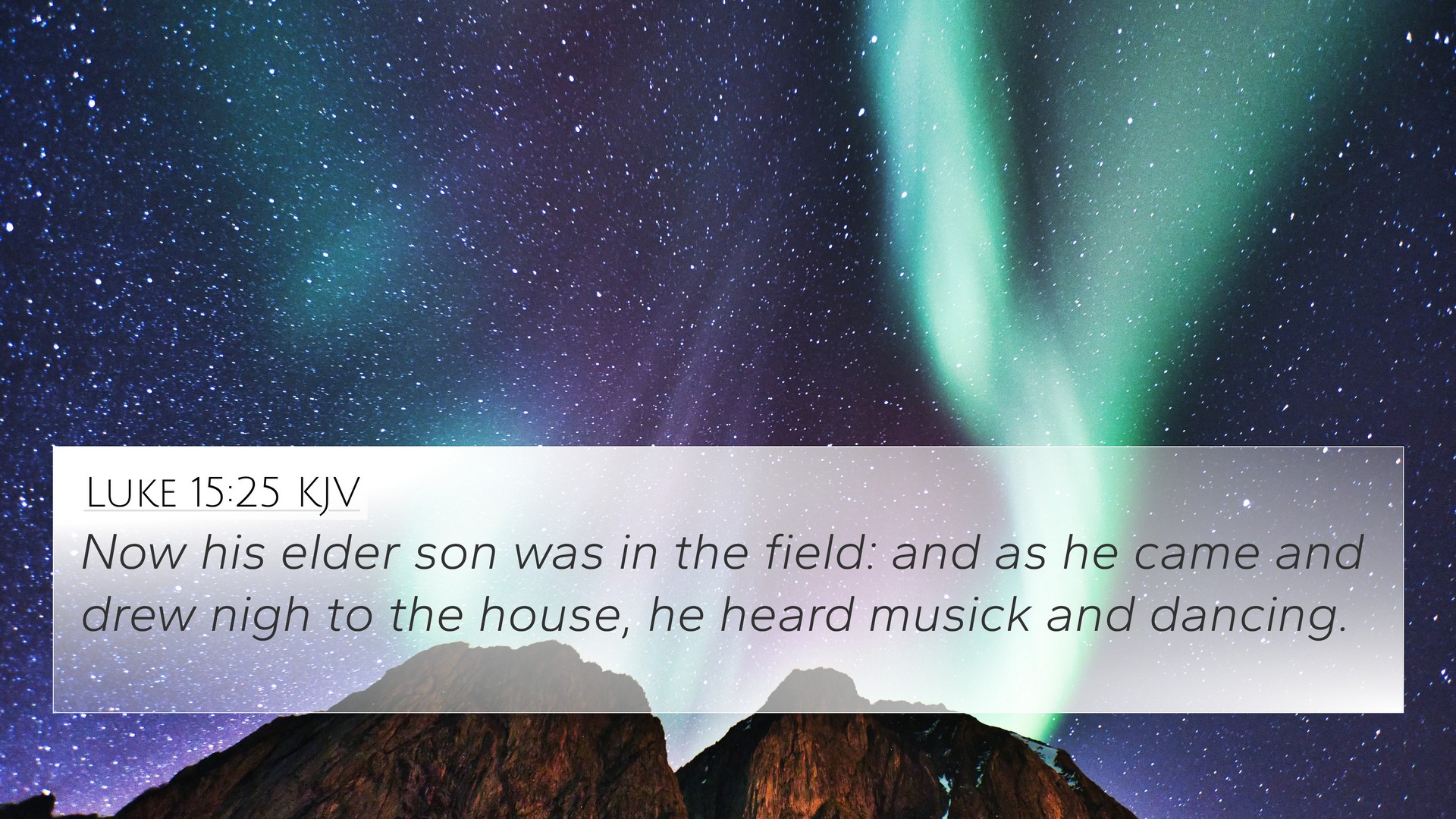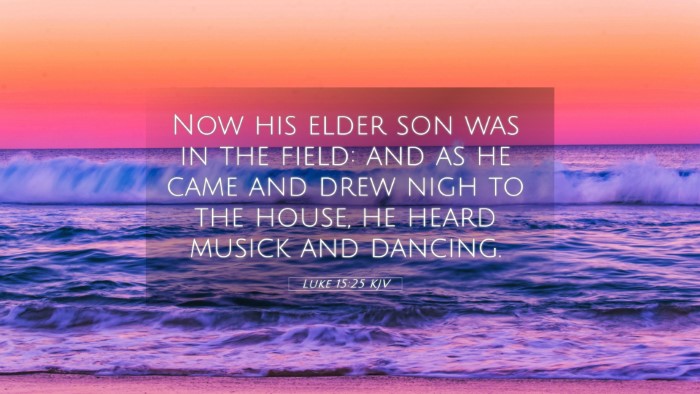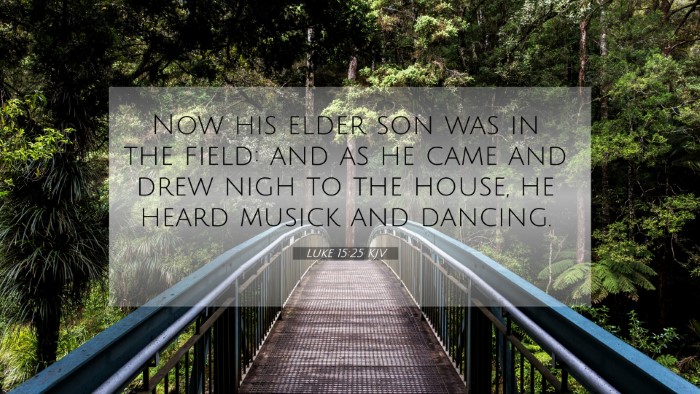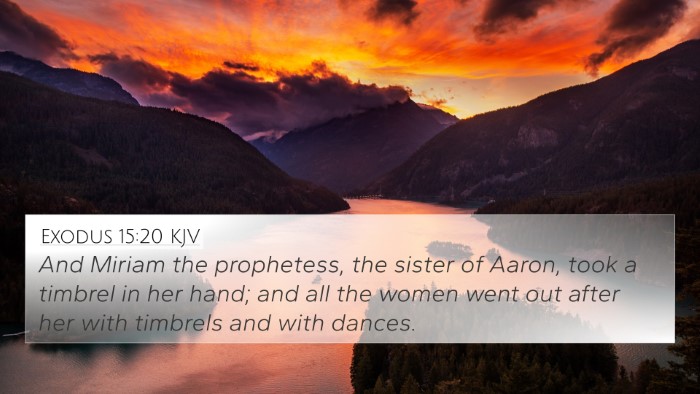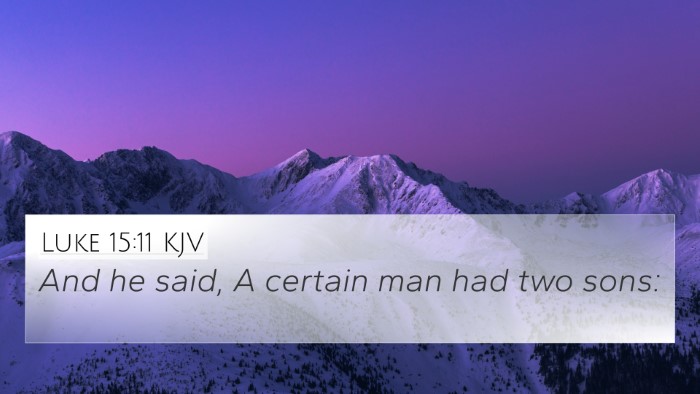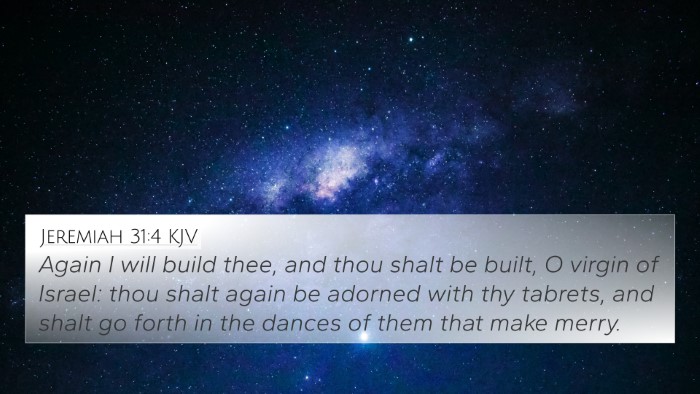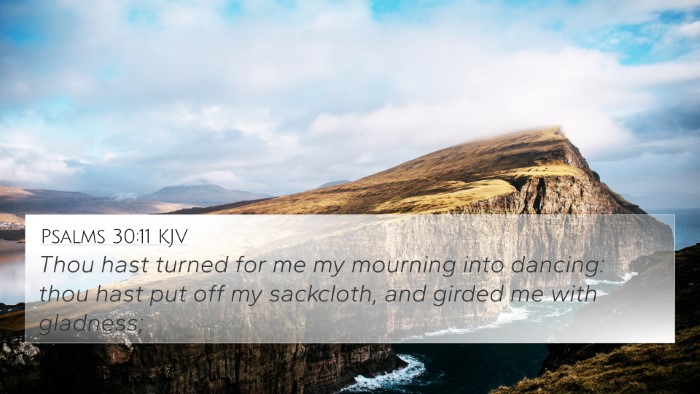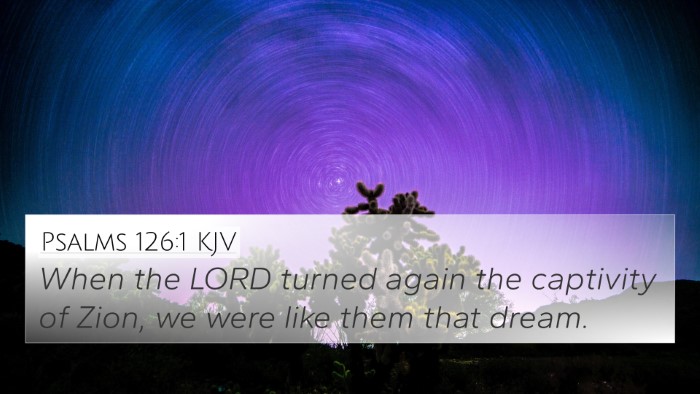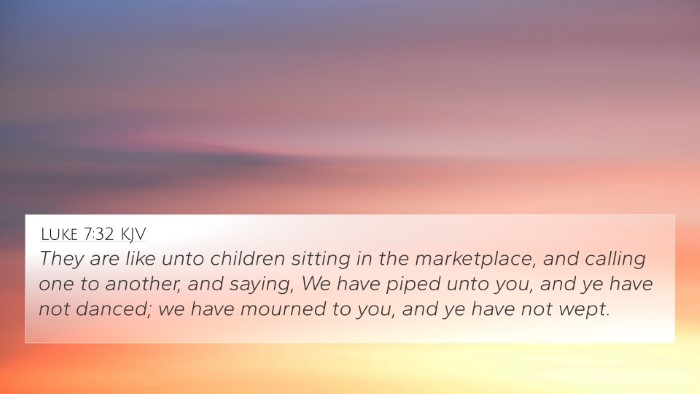Understanding Luke 15:25
This verse from the Gospel of Luke presents a critical moment in the Parable of the Prodigal Son, revealing the emotional conflict within the heart of the elder brother. To comprehend its full implications, we explore insights from esteemed public domain commentaries like those of Matthew Henry, Albert Barnes, and Adam Clarke.
Verse Context
Luke 15:25 states:
"Now his older son was in the field. As he came and drew near to the house, he heard music and dancing."
Commentary Insights
- Matthew Henry: Matthew Henry notes that the elder brother’s absence during the celebration of his returning brother indicates his misguided sense of duty and righteousness. His work in the field symbolizes the labor of following the Law, yet he misses the joy of grace and reconciliation. Henry emphasizes the importance of understanding our rightful place in God’s family, not as workers solely, but as beloved children.
- Albert Barnes: Barnes points out that the father’s joy upon the return of the prodigal son exemplifies God’s grace and willingness to forgive. The music and dancing represent the joy in heaven over one sinner who repents. The elder brother’s reaction of indignation serves as a warning against self-righteousness and lack of compassion towards sinners who find redemption.
- Adam Clarke: Clarke elaborates on the elder son’s feelings of resentment and entitlement. He had been loyal and hard-working, yet felt overlooked when it came to celebration. Clarke suggests this illustrates a common human experience of feeling slighted when others receive grace and favor that we believe we deserve more than they do. This serves as a lesson on humility and understanding God’s mercy.
The Thematic Connections
This verse highlights several significant themes: the contrast of grace versus works, the danger of self-righteousness, and the call to rejoice in the repentance of others.
Bible Verse Cross-References
- Luke 15:7: "I say to you that likewise there will be more joy in heaven over one sinner who repents than over ninety-nine just persons who need no repentance." This verse correlates with the elder brother’s confusion over the father’s celebration.
- Matthew 20:15: "Is it not lawful for me to do what I wish with my own things? Or is your eye evil because I am good?" This captures the elder brother's wrongful jealousy over the father's generosity.
- Romans 3:23: "For all have sinned and fall short of the glory of God." This underscores the humanity of both brothers in their need for grace.
- Galatians 2:15-16: "We who are Jews by nature, and not sinners of the Gentiles, knowing that a man is not justified by the works of the law but by faith in Jesus Christ..." This echoes the tension between law and grace apparent in the elder son's attitude.
- 1 John 3:15: "Whoever hates his brother is a murderer, and you know that no murderer has eternal life abiding in him." This serves as a reminder of the danger of harboring bitterness, reflective of the elder brother’s heart.
- Luke 18:11-12: The Pharisee’s prayer showcases self-righteousness that parallels the elder brother’s complaint about his brother’s welcome.
- James 2:13: "For judgment is without mercy to the one who has shown no mercy. Mercy triumphs over judgment." This reflects the mercy the father shows and the elder brother's lack of it.
Bible Cross-Referencing Tools
For readers wishing to explore these connections further, Bible concordances and Bible cross-reference guides are invaluable tools. They assist in:
- Identifying connections between Old and New Testament scriptures.
- Finding Bible verses related to specific themes and cross-referenced themes in the Bible.
- Facilitating a comprehensive study of parallel verses, enhancing understanding through comparative studies.
Inter-Biblical Dialogue
Delving into the inter-Biblical dialogue enriches the interpretation of Luke 15:25. The elder brother represents a critical voice in the discussions of grace, mercy, and human nature. Engaging these connections helps illuminate similar themes throughout scripture.
Conclusion
The emotional turmoil and themes presented in Luke 15:25 encourage believers to reflect on their attitudes towards grace and mercy. By examining cross-references and connecting relevant scriptures, we gain a deeper understanding of God’s redemptive love that extends to all, transforming our responses to the grace we receive and offer.
